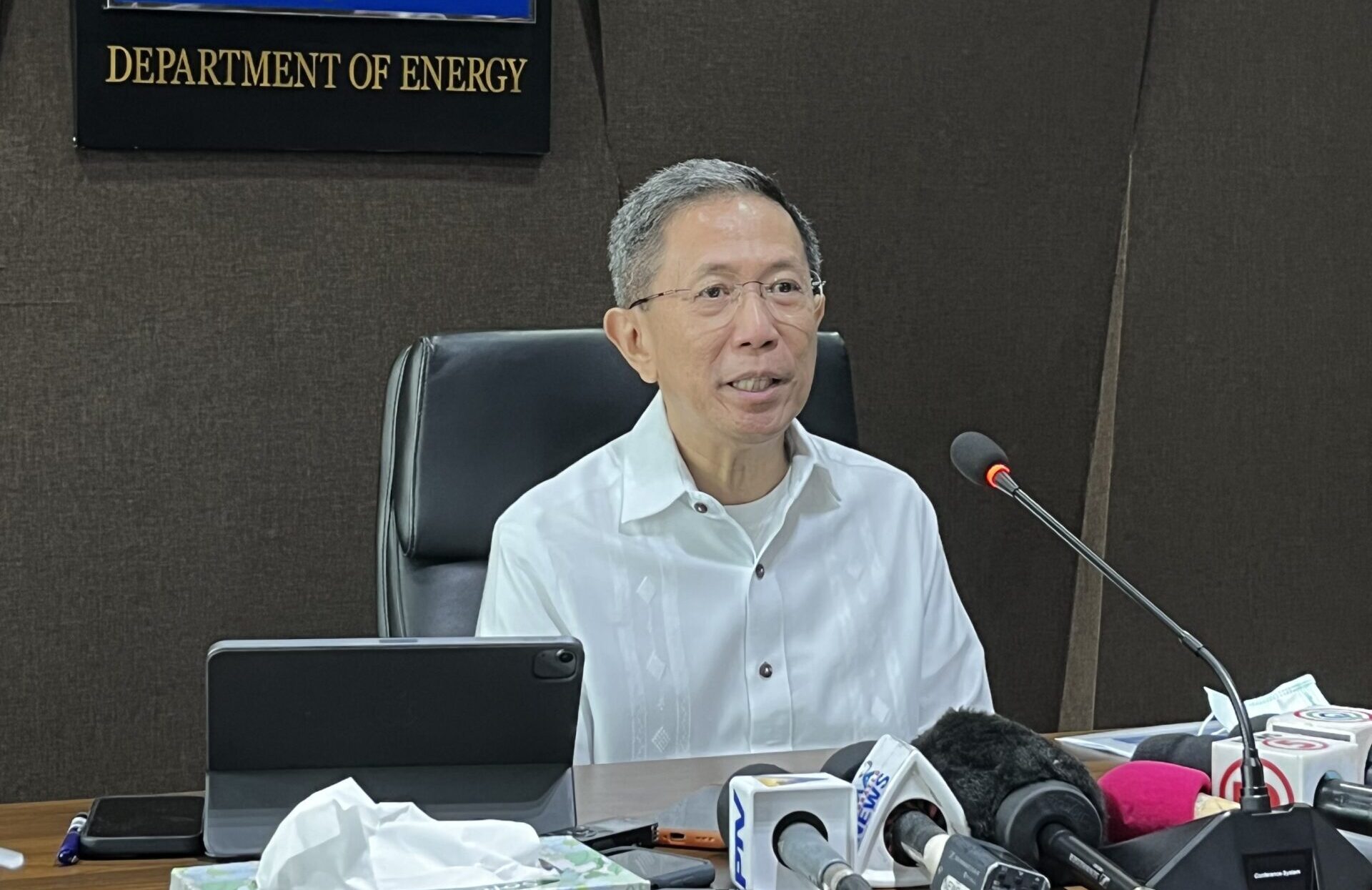Philippines Strengthens Renewable Energy Ties with UAE for Increased Investments
Key Ideas
- The Department of Energy of the Philippines, led by Raphael Lotilla, engaged in discussions with key UAE officials to boost investments in clean energy, including hydrogen and nuclear power.
- Major players in the energy sector like Masdar and ENEC have shown interest in investing in solar, wind, and battery storage projects in the Philippines.
- The Philippines aims to increase clean energy's share in the power generation mix to 35% by 2030, with plans to introduce nuclear energy by 2032.
- Recent agreements with Saudi Arabia and South Korea indicate the Philippines' commitment to enhancing energy security and exploring nuclear power options.
The Philippines is actively seeking to attract investments in renewable energy projects following strengthened ties with the United Arab Emirates (UAE). The Department of Energy, under the leadership of Raphael Lotilla, engaged in productive discussions with key UAE officials to explore opportunities for investment in clean energy ventures. Representatives from prominent energy companies in the Philippines accompanied the energy secretary in these meetings.
The discussions primarily focused on the potential for investments in renewables and cleaner power sources, including hydrogen and nuclear energy. Lotilla emphasized the significant investment opportunities in the Philippines' energy market and highlighted the government's efforts to facilitate foreign investments through favorable policies.
Notably, Masdar, a leading renewable energy firm known for its expertise in green hydrogen, expressed interest in investing in solar, wind, and battery storage projects in the Philippines. Additionally, the Emirates Nuclear Energy Corporation (ENEC) could provide crucial support in developing legal frameworks and technical expertise for the Philippines' nuclear energy plans.
The Philippines has set ambitious targets for its renewables sector, aiming to increase the share of clean energy in the power generation mix to 35% by 2030. To achieve this goal, the country is considering the inclusion of nuclear energy by 2032.
Furthermore, recent agreements with Saudi Arabia and South Korea signify the Philippines' commitment to enhancing energy security and exploring nuclear power options. These developments reflect a positive outlook on the potential for renewable energy investments and the growth of clean energy in the Philippines.
